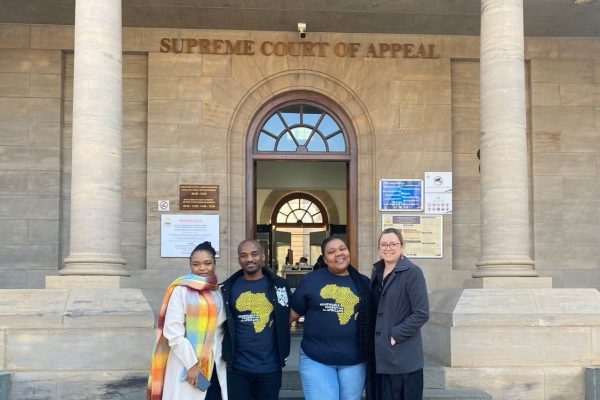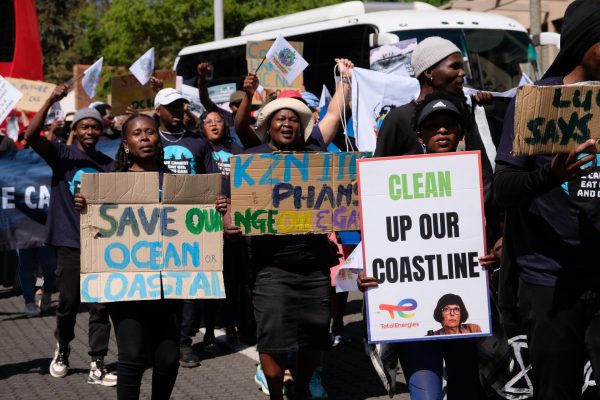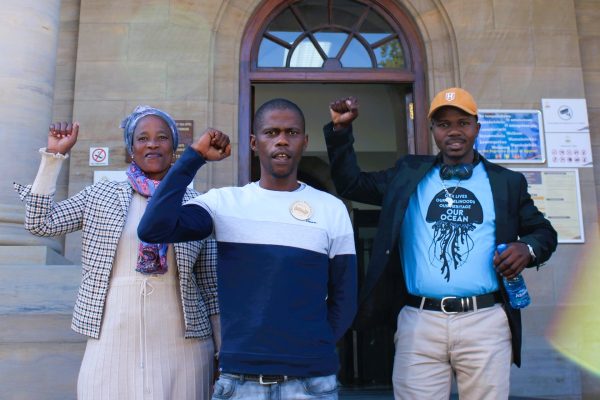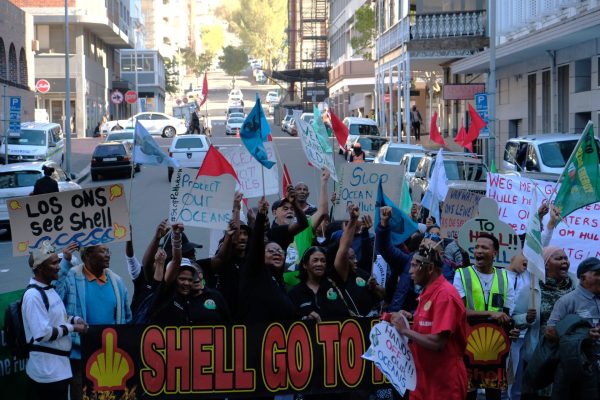By Lesle Jansen and Kabir Bavikatte
(This article appeared in the Cape Argus Newspaper, 4 April, 2014.)
(This article appeared in the Cape Argus Newspaper, 4 April, 2014.)
It is a peculiar sense of always looking at one’s self through the eyes of others, of measuring one’s soul by the tape of a world that looks on in amused contempt and pity – W.E.B Du Bois, The Souls of Black Folk
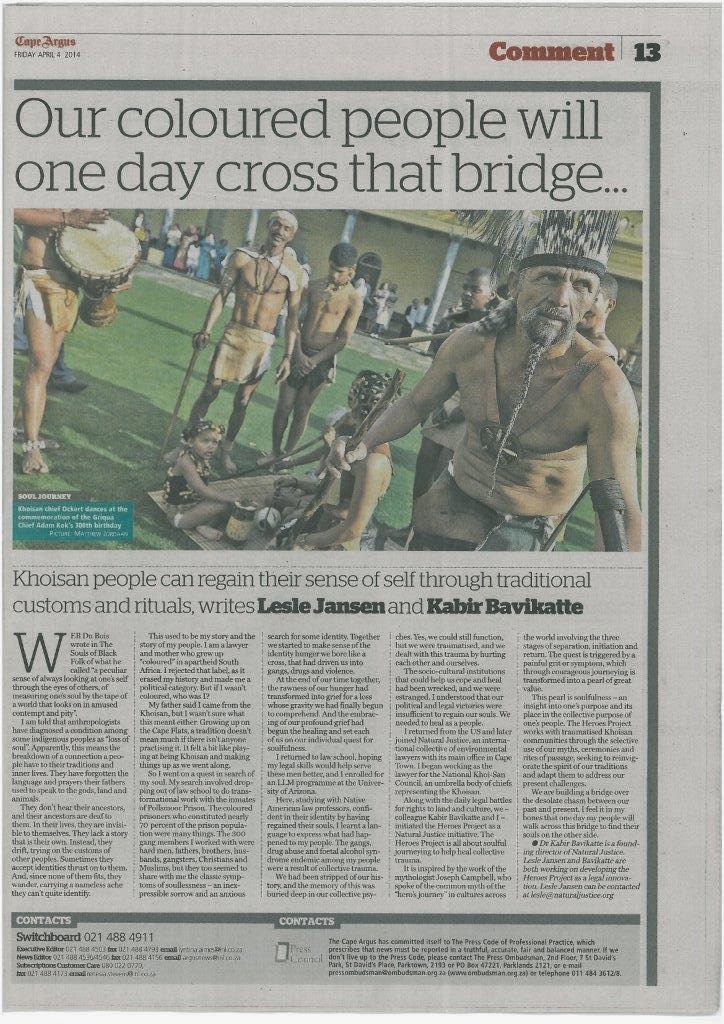 |
| Article appearing in the Cape Argus, 4 April 2014 |
I am told that anthropologists have diagnosed a condition amongst some indigenous peoples as ‘loss of soul.’ Apparently, this means the breakdown of a connection a people have to their traditions and their inner lives. They have forgotten the language and prayers their fathers used to speak to the gods, land and animals. They don’t hear their ancestors and their ancestors are deaf to them. In their lives, they are invisible to themselves, they are nameless, uninitiated and among the living dead. They lack a story that is their own. Instead they drift, trying on the masks and customs of other peoples. Sometimes abhorring vacuum, they accept identities thrust on them. And since none of them fit, they wander carrying a nameless ache they can’t put their finger on.
This used to be my story and the story of my people. I am a lawyer and mother who grew up as colored in apartheid South Africa. I rejected the label ‘colored’ jarred by the crudity with which it erased my history and made me a political category. But if I wasn’t colored, who was I? My father said I came from the Khoi-San, though I wasn’t sure what this meant either. Growing up in the Cape Flats, a tradition doesn’t mean much if there isn’t anyone practicing it. It felt a bit like playing at being Khoi-San and making things up as we went along.
So I went on a quest in search of my soul. Yes, it is possible to search even when you don’t know what you are looking for. My search involved dropping out of law school to do transformational work with the inmates of Pollsmoor prison. The colored prisoners who constituted nearly 70% of the prison population were many things. The 300 gang members I worked with were hard men, fathers, brothers, husbands, gangsters, Christians and Muslims, but they too seemed to share with me the classic symptoms of soullessness- an inexpressible sorrow and an anxious search for some identity, any identity besides the one they inhabited.
Together we started to make sense of this identity hunger that we bore like a cross. This ravenous hunger that had driven us into gangs, drugs and violence, but remained insatiate. At the end of our time together, the rawness of our hunger had transformed into grief for a loss whose gravity we had finally begun to comprehend. And the embracing of our profound grief had begun the healing and set each of us on our individual quest for soulfulness.
I returned to law school, hoping my legal skills would help serve these men better and I enrolled for an LLM program at the University of Arizona. Here studying with Native American law professors, confident in their identity by having regained their souls, I learnt a language to express what had happened to my people. The gangs, drug abuse and fetal alcohol syndrome endemic amongst my people were a result of collective trauma.
We had been stripped of our history and the memory of this stripping was buried deep in our collective psyche. Yes, we could still function, but we were traumatized and we dealt with this trauma by hurting each other and ourselves. The cultural and social institutions that could help us cope and heal had been wrecked and we were estranged. I understood that our political and legal victories are insufficient to regain our souls. We needed to heal as a people.
I returned from the US and later joined Natural Justice, an international collective of environmental lawyers with its main office in Cape Town. I began working as the lawyer for the National Khoi-San Council, an umbrella body of chiefs representing the Khoi-San. Along with the daily legal battles for rights to land and culture, my colleague Kabir Bavikatte and I initiated the Heroes Project as a Natural Justice initiative. The Heroes Project is all about soulful journeying to help heal collective trauma. It is inspired by the work of the mythologist Joseph Campbell who spoke of the common myth of the ‘hero’s journey’ in cultures across the world involving the three stages of separation, initiation and return. The quest is triggered by a painful grit or symptom, which through courageous journeying is transformed into a pearl of great price. This pearl, is soulfulness, an insight into one’s purpose and its place in the collective purpose of one’s people. Every culture including that of the Khoi-San has myths and rituals symbolizing this magical process of the hero’s inner and outer journey.
The Heroes Project works with traumatized Khoi-San communities by telling and re-telling our stories. The Project seeks to reinvigorate the spirit of our traditions and adapt them to address our latter day challenges. It does so by curating and artfully breathing life into our myths by embodying them in graphic narratives, initiation ceremonies, healing dances and rites of passage for our communities. We are building a bridge over the desolate chasm between our past and present. I feel it in my bones that one day my people will walk across this bridge to find their souls waiting for them on the other side.
Lesle Jansen can be contacted at lesle(at)naturaljustice.org.za


